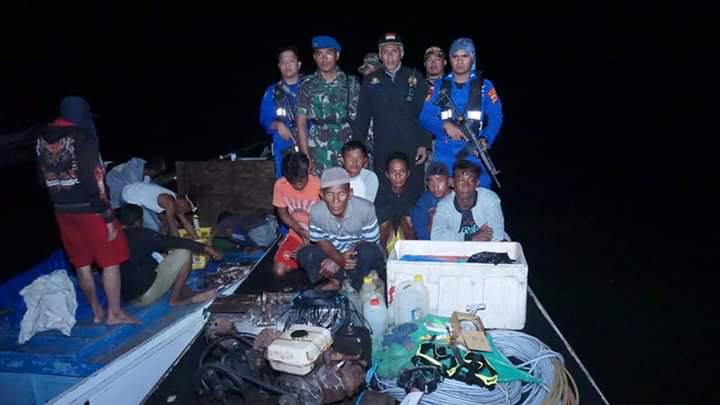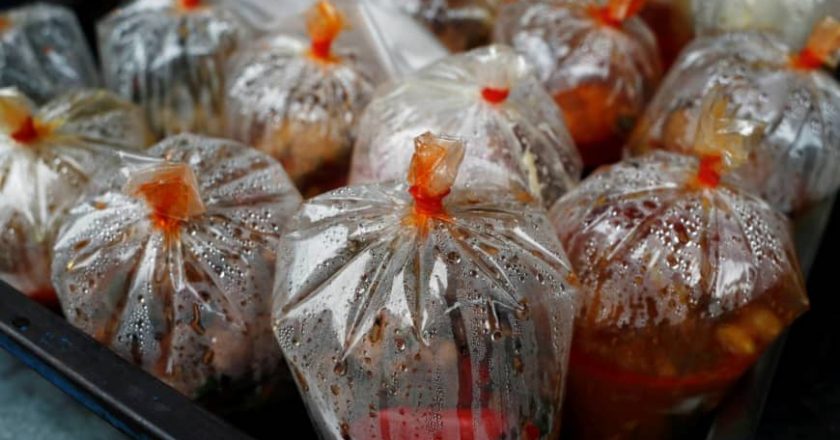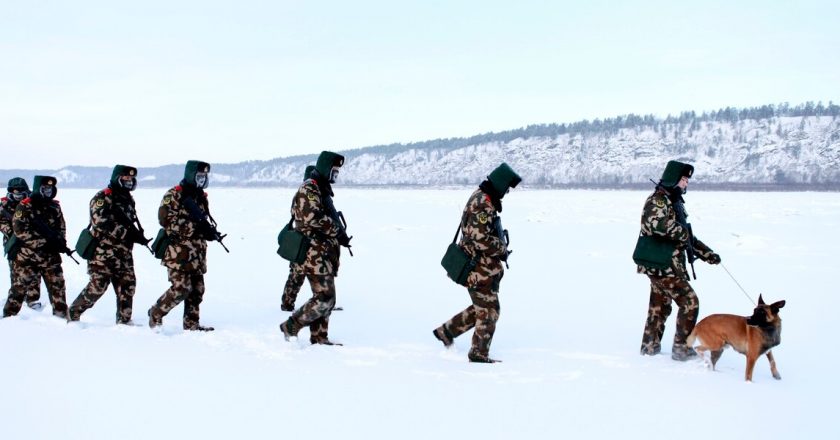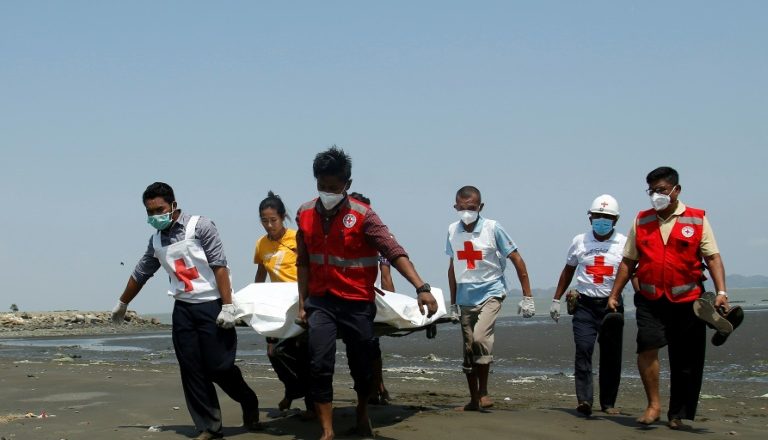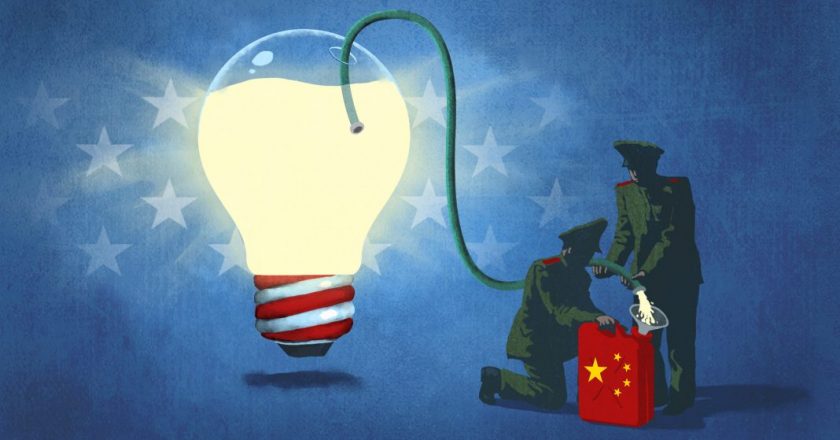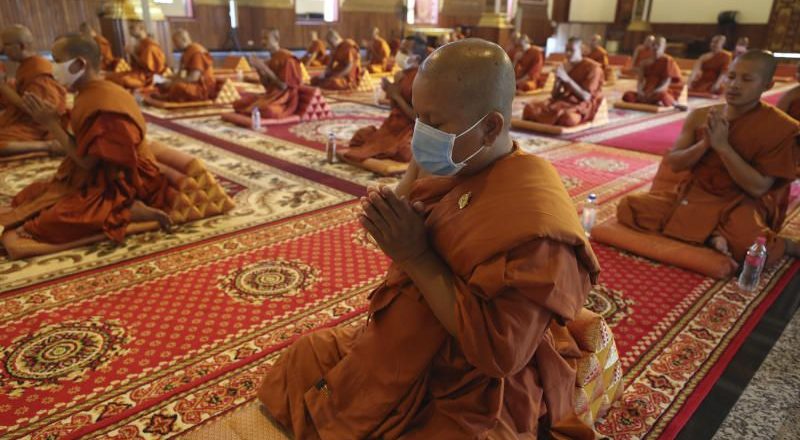[South Asia] Philippines to downsize lockdowns in villages
In order to control covid-19 spread, the Philippines is planning to downsizing lockdowns in villages from regions, as it balances further reopening its economy with stemming the virus outbreak. Carlito Galvez, chief implementer of the nation’s policies to stem the outbreak, said “We will lock down villages with coronavirus cases so that we can preserve economic activity.”In the same briefing President Rodrigo Duterte said said the stricter curbs may be brought back should a second wave of infections occur. The government prepares for the arrival of more returning overseas workers. Malls and some businesses have been allowed to open in the capital since May 16.The government is considering the gradual lifting of restrictions with strategies adopted in other countries as governments remain w

![[South Asia] Philippines to downsize lockdowns in villages](https://thesingaporepost.com/wp-content/uploads/2020/06/1x-1-840x440.jpg)
![[South Asia] Proposed Pakistan dam can lead to disaster like Chernobyl](https://thesingaporepost.com/wp-content/uploads/2020/06/Diamer-Basha-Site-800x440.jpg)
![[South East Asia] Farmers in South East Asia may lose their land dues to Covid-19](https://thesingaporepost.com/wp-content/uploads/2020/06/22.jpg)

